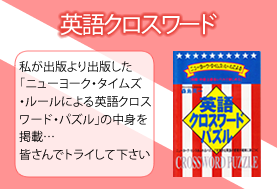
VOLUME-14
☆An "Eastern Song"
足柄の
箱根の山に
粟蒔きて
実とはなれるを
逢はなくもあやし
(東歌 巻14-3364)
Ashigara-no
Hakone-no yamani
Awa makite
Mi toha nareruwo
Awanakumo ayashi

Up Mt. Hakone,
Hoed the fields and sowed the seeds,
So the millet may grow.
Now so well grown are the grains,
Yet my love I cannot see…
(Vol.14-3364)
This song falls in the genre of “Eastern Song”, in that people in Hakone, well in the east of Capital Yamato (now Nara Pref.), sing about their life and sentiment. Hakone nowadays is a famous resort area up in the mountains abundant with hot springs, enabling a good view of Mt. Fuji from various directions. Hakone in the 7th and 8th centuries would have been a very rural area with local people struggling with farming, growing quality rice but most of it going to Government as a land tax, and millet and other rougher grains as their own food. Yet the people had their own sentiment and romantic feelings.
The song here seems to be one sung by a woman, doing the farming work, with her loved one away from there to work as a soldier in Kyushu, many hundred miles down west, to make a living for the family. The soldiers were called Sakimori (Guard Soldiers), and there is also a song genre in Man-Yoh-Shuh, dedicated to the songs made by Sakimori.
This song and many other Eastern Songs were made without singer’s name, perhaps made by the group of farmers and sung publicly in their own small village festivals. (Based on Mr.Nakanishi’s book)
This song has a pun game used for “Awa”(millet) and “Awanaku” (not meet or not see), so I used a rhyme of “seeds” and “see”, plus a couple of puns, as the song was probably sung by the people aloud in many such occasions. This type of poems and the singing songs made from those poems are still popular nowadays, by the name of “Min-Yoh” (local folk songs, literally).
―――
◎◎◎

”Grassland up in Hakone”
● BILOG“MAN-YOH-SHUH”topに戻る




